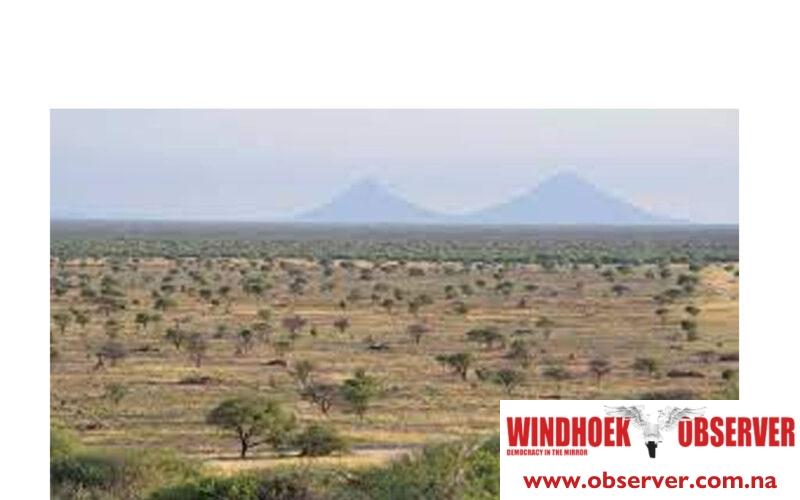Hertta-Maria Amutenja
The /Khomanin Landless People’s Association has raised concerns over the adequacy of recently allocated land, asserting that 8 000 hectares fall short of addressing their longstanding issues of landlessness and access to ancestral lands.
The association’s secretary, Immanuel Aochomub, made these remarks during a community meeting convened in the Dolam neighbourhood in Windhoek last week.
At the meeting, the community voiced their frustrations, emphasising the need for fair consultation and representation in decisions affecting their land and cultural heritage.
“We are thankful for the land, but without sounding ungrateful, our call was to have access to our ancestral land. The land provided is not enough. Especially if we are looking at sustainable farming,” said Aochomub.
Community activist Shaun Gariseb echoed this sentiment.
“We welcome and are truly grateful for the land, as these issues have been coming for a long time. But I hope they don’t think 8,000 ha is enough to address the landless. It also seems they are ignoring the initial request for their ancestral land,” said Gariseb.
This comes after Minister of Agriculture, Water, and Land Reform Carl Schlettwein acquired two commercial farms in the Khomas Region to establish communal land for the /Khomanin Traditional Authority.
Schlettwein defended the government’s actions, highlighting efforts to address historical injustices and accelerate land reform.
“We are resolute on a number of issues to advance land reform within the legal framework, safeguarding the interests of previously disadvantaged communities.”
The Ministry recently acquired two commercial farms in the Khomas Region to establish communal land, totalling 8 132.9469 hectares.
The farms are Portion 1 of the Farm Groot Korasieplaats, farm No. 440, which is 3 811.5334 hectares in size and worth N$11.2 million, while the second farm is the remainder of the Farm Groot Korasieplaats, farm No. 440, which is 4 321.4135 hectares large and worth N$22.6 million (inclusive of transfer fees). The combined value of both farms is N$33.8 million.
The aim is to provide land for settlement and grazing to Khomas residents without land, administered under the Communal Land Reform Act.
However, tensions have risen over proposed changes to constituency boundaries, with the Khomanin community rejecting a plan to redraw boundaries that could affect their ancestral lands.
Last week, Gariseb criticised the proposal, alleging it could divide the community and serve political interests.
In response, the Khomanin Traditional Authority plans to submit their own demarcation suggestions, underscoring their determination to protect ancestral lands and community unity.
Schlettwein assured ongoing efforts to expand communal land in Khomas, emphasising its critical role in socio-economic development and addressing historical inequalities.
“We believe it will make a huge difference in the lives of our people,” said Schlettwein.




